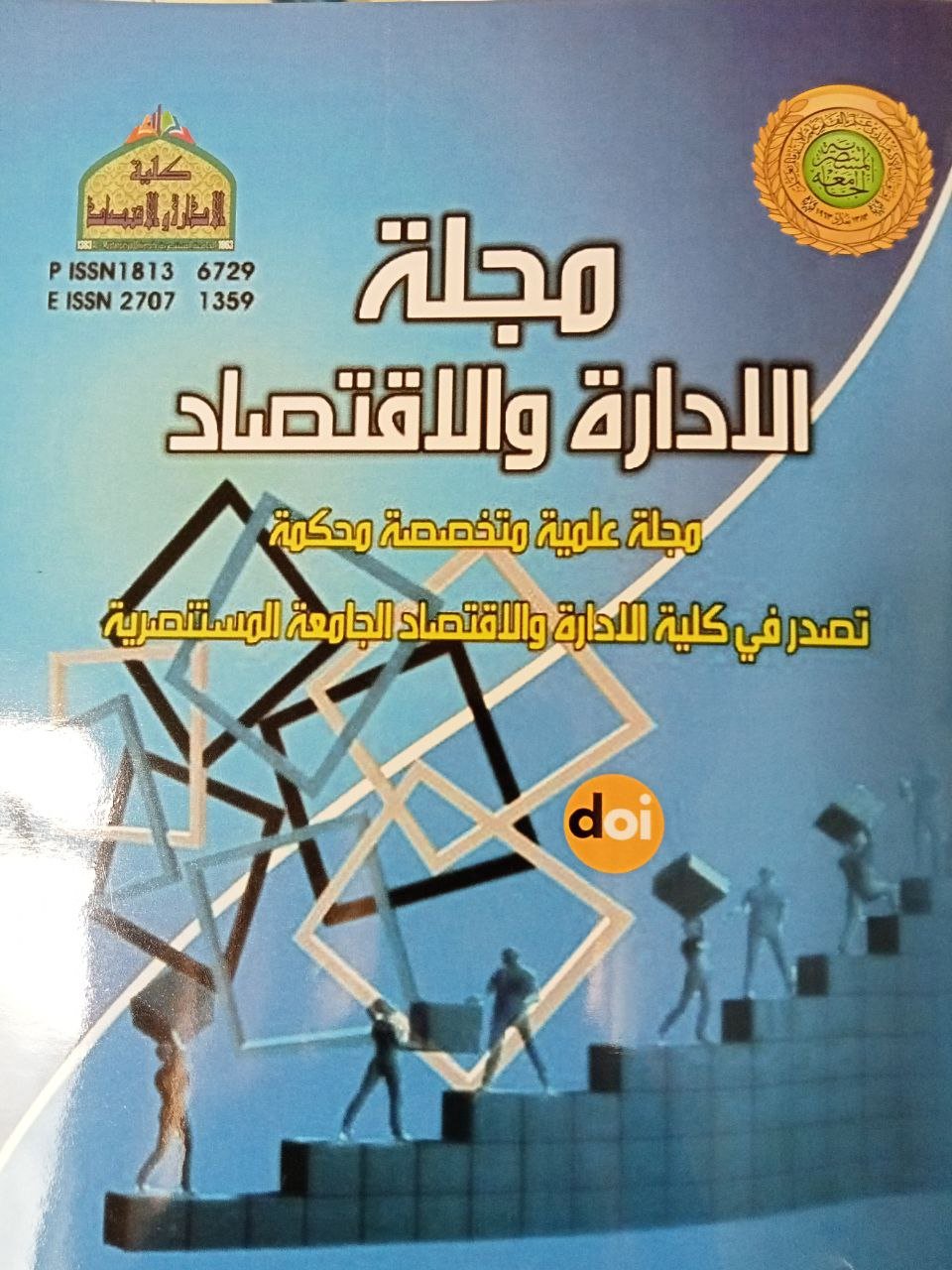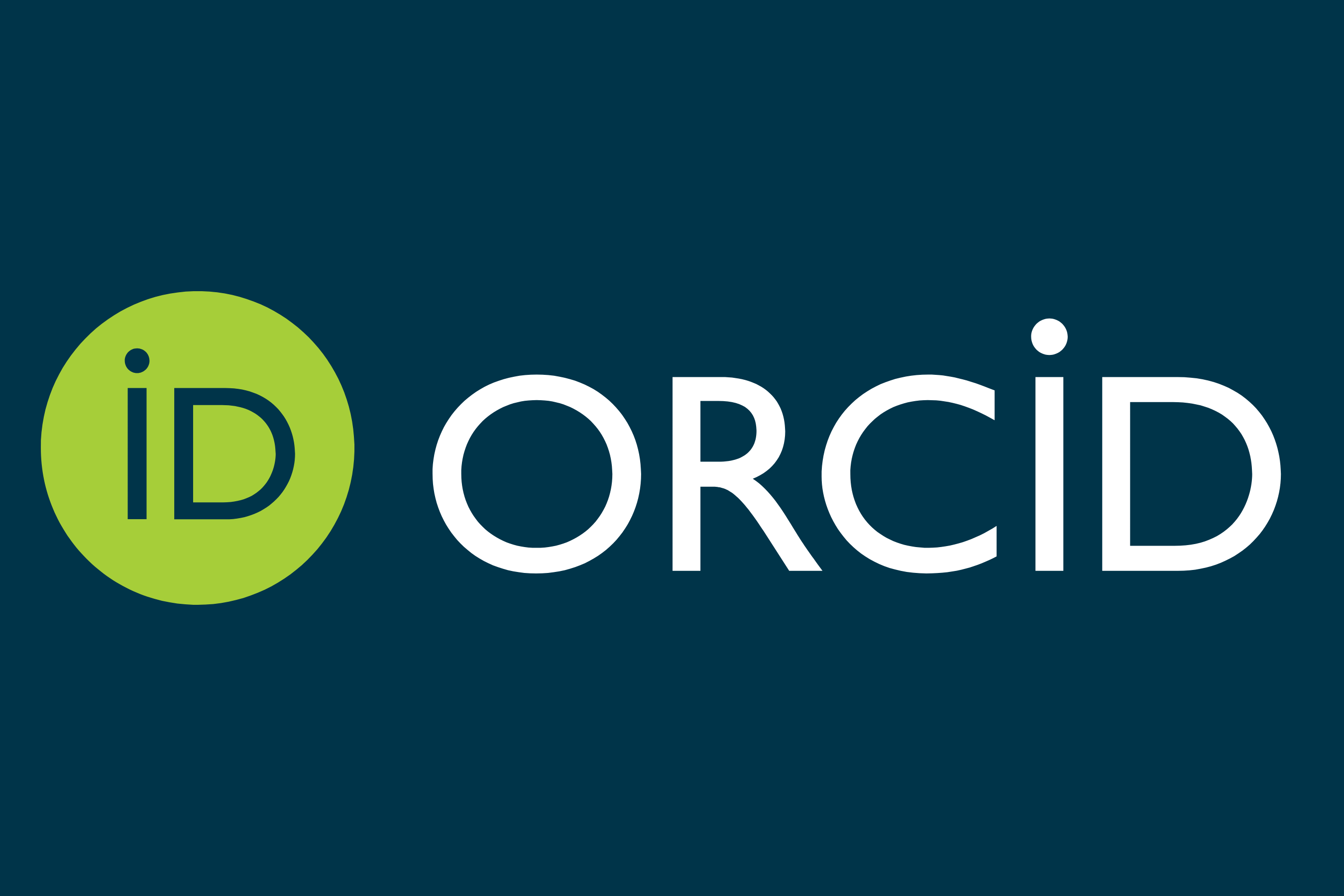دور محاسبة الكربون في التخفيف من انبعاثات الغازات الدفيئة : مراجعة منهجية للأدبيات
DOI:
https://doi.org/10.31272/jae.i142.1046الكلمات المفتاحية:
محاسبة الكربون، انبعاثات الغازات الدفيئة، تغير المناخ، الاستدامة، البصمة الكربونية وخفض الانبعاثات .الملخص
تتناول هذه المراجعة المنهجية للأدبيات في فعالية محاسبه الكاربون كوسيلة لتقليل انبعاثات غازات الدفيئة . ومن خلال تجميع نتائج الأبحاث الحديثة ، فإنه يقوم بفحص الآليات التي تساهم بها ممارسات محاسبة الكاربون في الجهود المبذولة للحد من هذه الانبعاثات . من خلال دراسة مجموعة متنوعة من الدراسات ، تقدم هذه المراجعة رؤى حول فعالية استراتيجيات محاسبة الكاربون في مختلف القطاعات مع تحديد التحديات والفرص الحاسمة للتنفيذ في المستقبل .
التنزيلات
المراجع
Brown, M., et al. (2024). Urban Carbon Accounting and Emission Reduction Strategies: Insights from Urban Planning and Policy Interventions. Journal of Urban Ecology, 30(3), 156-170.
Millward-Hopkins, J., Gouldson, A., Scott, K., Barrett, J., & Sudmant, A. (2017). Uncovering blind spots in urban carbon management: the role of consumption-based carbon accounting in Bristol, UK. Regional environmental change, 17, 1467-1478.
Xie, S., Gong, Y., Zhang, A., Liu, Y., & Li, C. (2024). Untangling the critical success factors of the latest compulsory waste sorting initiative in Shanghai: The role of accountability governance. Journal of Cleaner Production, 141268.
Chen, L., & Smith, J. (2023). Carbon Accounting and Corporate Sustainability: Implications for Business Decision-Making. Journal of Business Ethics, 76(4), 321-335.
Schaltegger, S., & Csutora, M. (2012). Carbon accounting for sustainability and management. Status quo and challenges. Journal of Cleaner Production, 36, 1-16.
Gao, Y., et al. (2024). Remote Sensing Technologies for Enhancing the Accuracy of Emission Inventories: Opportunities and Challenges. Remote Sensing, 12(5), 345.
White, J. C., Coops, N. C., Wulder, M. A., Vastaranta, M., Hilker, T., & Tompalski, P. (2016). Remote sensing technologies for enhancing forest inventories: A review. Canadian Journal of Remote Sensing, 42(5), 619-641.
Garcia, E., et al. (2024). Sustainable Land Management Practices for Agricultural Emission Reduction: Opportunities and Challenges. Journal of Agricultural and Food Chemistry, 35(4), 278-292.
Branca, G., Lipper, L., McCarthy, N., & Jolejole, M. C. (2013). Food security, climate change, and sustainable land management. A review. Agronomy for sustainable development, 33, 635-650.
Horstmann, B., & Hein, J. (2017). Aligning climate change mitigation and sustainable development under the UNFCCC: A critical assessment of the Clean Development Mechanism, the Green Climate Fund and REDD+ (No. 96). Studies.
Jones, B., et al. (2022). Standardized Measurement Protocols for Greenhouse Gas Emissions: Implications for Carbon Accounting Practices. Environmental Science & Technology, 38(2), 112-128.
Wegener, M., Labelle, R., & Jerman, L. (2019). Unpacking carbon accounting numbers: A study of the commensurability and comparability of corporate greenhouse gas emission disclosures. Journal of cleaner production, 211, 652-664.
Green, J. F. (2021). Does carbon pricing reduce emissions? A review of ex-post analyses. Environmental Research Letters, 16(4), 043004.
Gao, J., Hou, H., Zhai, Y., Woodward, A., Vardoulakis, S., Kovats, S., ... & Liu, Q. (2018). Greenhouse gas emissions reduction in different economic sectors: Mitigation measures, health co-benefits, knowledge gaps, and policy implications. Environmental pollution, 240, 683-698.
Li, H., et al. (2023). Equity Considerations in Climate Policy and Emission Reduction Strategies: A Review of Distributional Impacts and Social Justice Dimensions. Climate and Development, 20(1), 46-62.
Liang, X., & Zhang, Y. (2024). Behavioral Insights into Emission Reduction: Understanding the Role of Social Norms and Cultural Values. Journal of Environmental Psychology, 39(1), 56-70.
Gifford, T. C. (2021). We All Want to Change the World: How Behavioral Insights Can Help Reduce Carbon Emissions.
Smith, A., et al. (2023). Advancements in Carbon Accounting: Towards More Accurate and Transparent Emission Reporting. Journal of Environmental Management, 45(3), 210-225.
Qian, W., Hörisch, J., & Schaltegger, S. (2018). Environmental management accounting and its effects on carbon management and disclosure quality. Journal of cleaner production, 174, 1608-1619.
Smith, R., & Johnson, L. (2024). The Role of Regulatory Measures in Driving Emission Reductions: Insights from Policy Analysis. Energy Policy, 32(3), 189-203.
Smith, R., et al. (2023). Nature-Based Solutions for Carbon Sequestration and Climate Resilience: A Review of Opportunities and Challenges. Frontiers in Ecology and the Environment, 41(2), 87-101.
Wang, H., & Liu, Y. (2024). Integrating Carbon Accounting into Sustainable Development Goals: Opportunities and Challenges. Sustainability Science, 20(3), 156-170.
Xu, W., et al. (2023). Blockchain Technology for Enhanced Carbon Accounting: Opportunities and Challenges. Journal of Cleaner Production, 45(2), 123-137.
Jiang, P., Zhang, L., You, S., Van Fan, Y., Tan, R. R., Klemeš, J. J., & You, F. (2023). Blockchain technology applications in waste management: Overview, challenges and opportunities. Journal of Cleaner Production, 421, 138466.

التنزيلات
منشور
إصدار
القسم
الرخصة
مجلة الإدارة والاقتصاد هي مجلة مفتوحة المصدر حيث تكون جميع محتوياتها مجانية. تخضع مقالات هذه المجلة لشروط ترخيص المشاع الإبداعي المنسوب إلى المؤلف (CC-BY 4.0) (https://creativecommons.org/licenses/by/4.0/legalcode) الذي يسمح للمرخص لهم دون قيود بالبحث عن النص الكامل للمقالات أو تنزيله أو مشاركته أو توزيعه أو طباعته أو ربطه به، وفحصه للفهرسة وإعادة إنتاج أي وسيلة للمقالات بشرط أن ينسبوا إلى المؤلفين الفضل في ذلك (الاستشهاد). تسمح المجلة للمؤلفين بالاحتفاظ بحقوق الطبع والنشر لمقالهم المنشور.
. Creative Commons-Attribution (BY)









